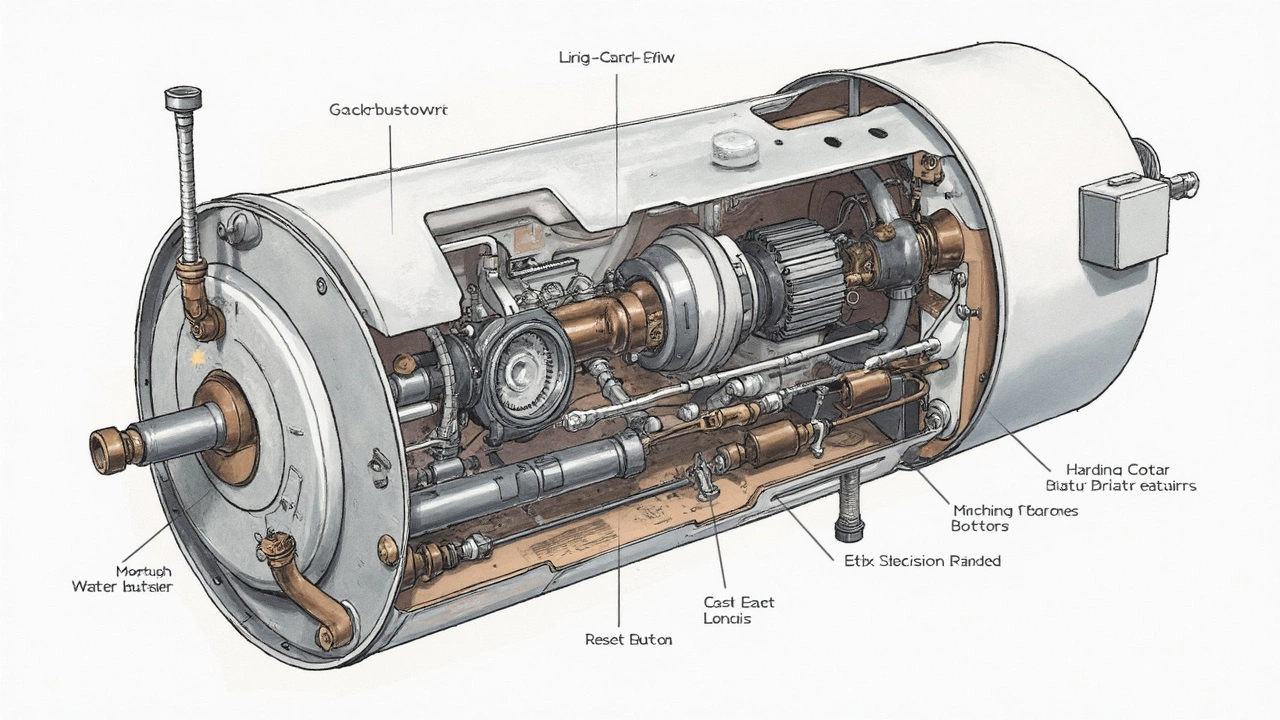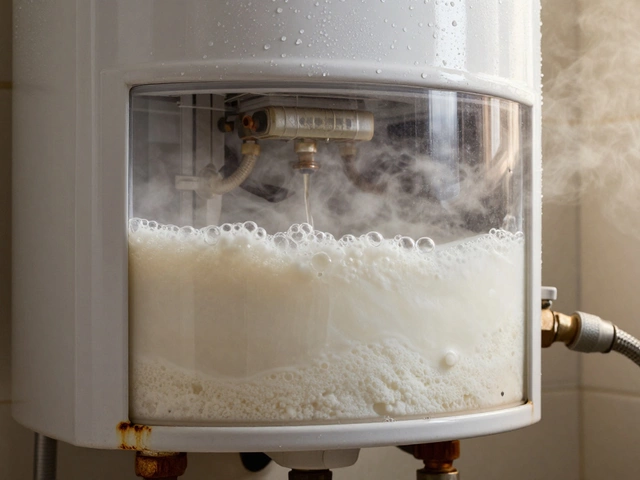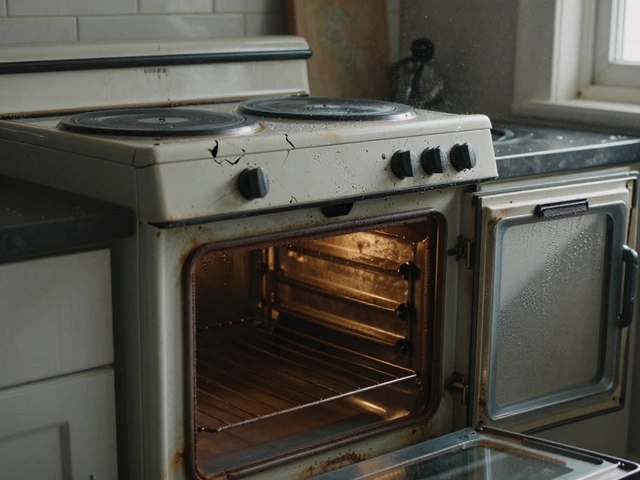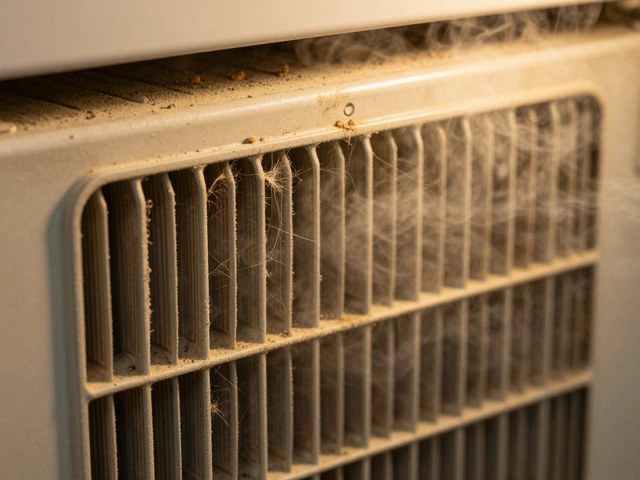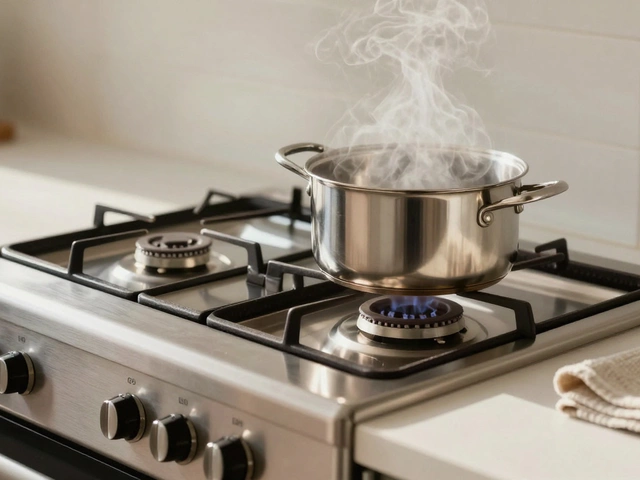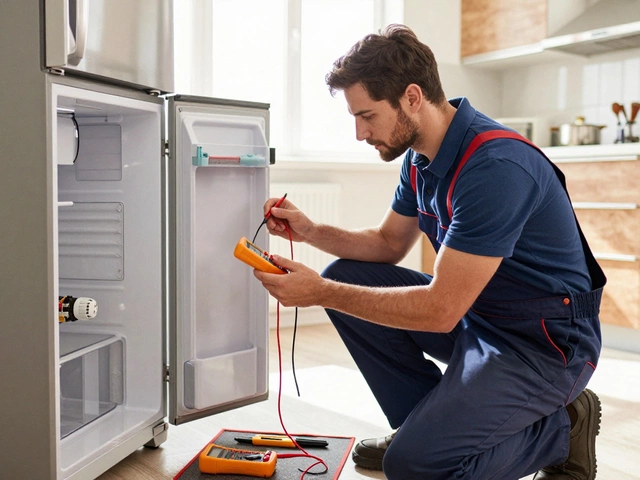Reset Risks: Why You Should Think Before You Press That Button
Pressing a reset button feels like a quick fix, but it can hide bigger problems. Whether it’s a water heater, a washing machine, or a dishwasher, the reset is a safety feature that trips for a reason. Ignoring the cause and just hitting reset over and over may damage the appliance, raise your energy bill, or even create a safety hazard.
What Triggers a Reset and What It Means
Most modern appliances have electronic controls that monitor temperature, pressure, or water flow. When a sensor detects something out of range—like overheating, low water pressure, or a short circuit—the control shuts the unit down and sets the reset flag. The reset button simply clears that flag. If the underlying issue isn’t fixed, the appliance will trip again within minutes.
Common triggers include:
- Dirty or clogged filters that restrict flow.
- Loose wiring or corroded connections.
- Blocked vents on dryers or water heaters.
- Failed thermostat or pressure switches.
When you see a reset light flashing, treat it as a symptom, not a cure.
Safe Reset Steps and When to Call a Pro
Follow these steps to reset safely:
- Turn off power at the breaker or unplug the appliance.
- Wait at least 30 seconds—this lets residual charge drain.
- Inspect obvious issues: clear lint, check hoses, tighten connections.
- Restore power and press the reset button as instructed in the manual.
- Run a short test cycle. If the appliance shuts down again, stop using it.
If the reset repeats, it’s a clear sign that a component is failing. Continuing to reset can overheat motors, burn out circuits, or cause leaks. At that point, call a qualified repair tech.
Remember these quick safety tips:
- Never reset a gas‑powered water heater while it’s still hot; wait for it to cool.
- Keep the area around the appliance clear to avoid fire hazards.
- Use a multimeter only if you’re comfortable with electricity; otherwise, let a pro handle it.
By treating the reset as an alert, you protect your appliance’s lifespan and keep your home safe. A quick reset can be handy, but repeated trips mean it’s time to dig deeper or call for help.
Is It Safe to Reset a Water Heater? Decoding the Risks and Fixes
- Alden Wilder
- Apr 4 2025
- 0 Comments
Resetting a water heater might seem like a quick fix when it's not performing right, but is it truly safe? In this piece, we'll explore what happens when you hit that reset button, why your water heater might need one, and the safety precautions you should take. Understanding these elements can help prevent potential hazards and enhance the life of your water heater. Dive into these important insights to handle your water heater safely and effectively.
View More